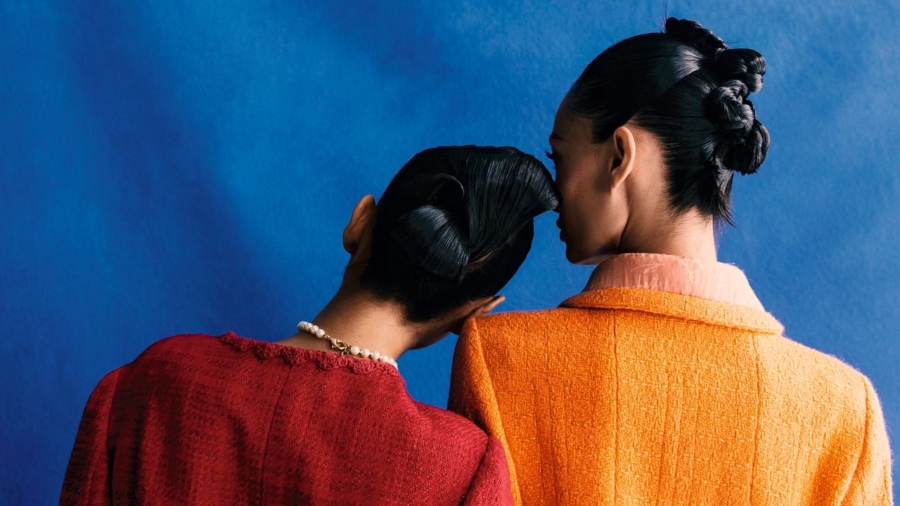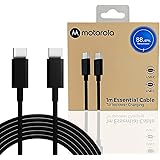Who’s your best friend?
It’s a deceptively complicated question you’ve probably been asked over the course of your school years, often to measure social worth. Everywhere you look, society continues to reinforce the idea that we should have one: that perfectly mutual, ride-or-die bond like Christina and Meredith’s in Grey’s Anatomy, Blair and Serena’s in Gossip Girl, or even Maya and Anna’s in PEN15. But what about those of us who, well, don’t have a capital-B Best Friend?
“This idea of having one singular BFF can feel like proof that you’re loved and secure,” Christina Ferrari, PsyD, a clinical psychologist based in Miami, tells SELF. You’ve found someone who prioritizes you above everyone else—and better yet, has crowned you the very “best” of their entire circle. That explains why, for anyone who doesn’t have that sort of inseparable relationship, “it’s easy to assume there must be something wrong with you,” Dr. Ferrari says. But in reality, not having a best friend isn’t a sign of failure at all—and having one is an idealized yet unrealistic standard we’ve been taught to aspire to.
How the “best friend” myth keeps us feeling guilty—and insecure
Barbie Atkinson, LPC, founder of Catalyst Counseling in Houston, agrees that the “BFF trope,” as widespread as it is, rarely shows up in real life.
“It’s a wonderful fantasy,” Atkinson tells SELF. “But it clashes profoundly with the reality of adulting.” To realistically maintain a Grace-and-Frankie-level bond, you’d need limitless time, Atkinson points out, constant proximity that makes 24/7 interactions effortless, a near-perfect alignment of life stages and priorities, along with zero external pressures from things like partners, kids, or demanding jobs. “So while the essence of a ride-or-die’s unwavering loyalty, deep understanding, and consistent support can exist in adult friendships, the manifestation of this constant availability and all-encompassing presence is unrealistic for the vast majority,” Atkinson says.
Even if it were attainable, experts warn that a hyper-attached, almost codependent dynamic isn’t something to strive for. As Dr. Ferrari explains, “It’s the same reason we don’t put all our investments in one stock: Putting all of your emotional needs into one person just isn’t healthy or sustainable.” Which is why, instead, it’s best to have a mix of companions who each fulfill a different role to support you. That, according to Atkinson, might include:
Source link











